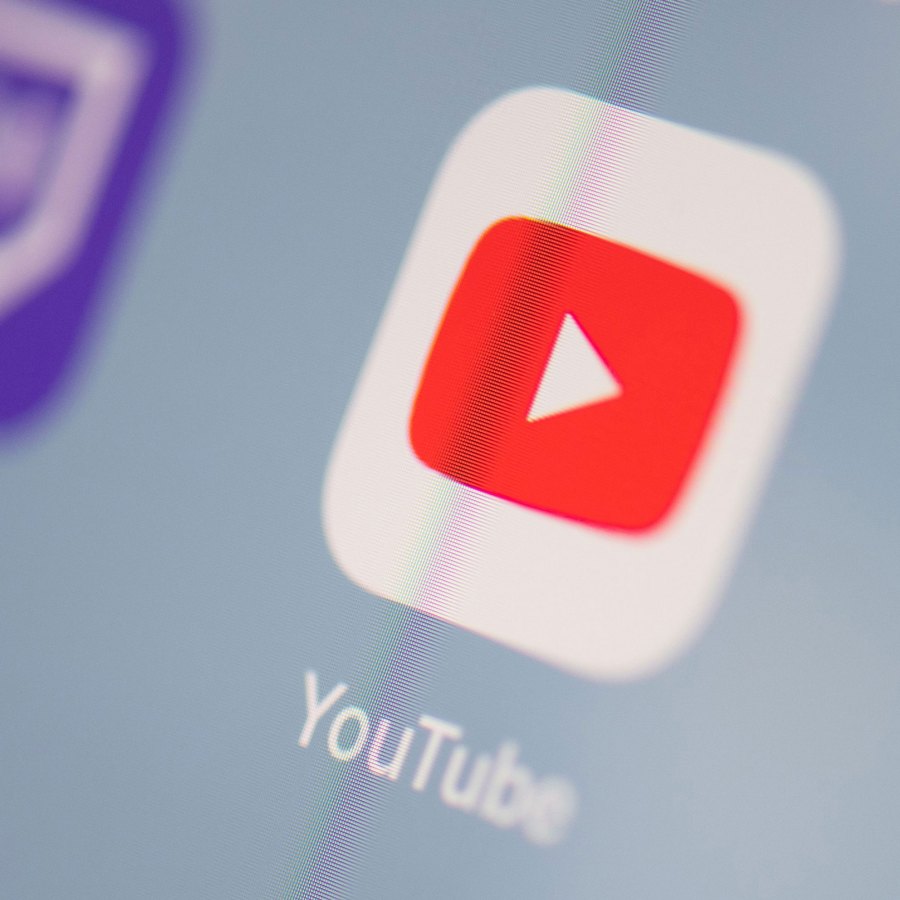YouTube isn’t fun for parents trying to shield their kids from scary stuff

I’m a parent, and my discussions with other parents often turn to, “How do you handle YouTube in your family?” It’s not an easy conversation. You first feel the other person out, because, like co-sleeping and ice cream breakfasts, not everyone’s of the same mindset.
Then there’s the recent $170 million settlement YouTube’s owner Google made for tracking and targeting kids for advertising purposes. There is a lot of appropriate content on YouTube for kids, and there’s a whole lot that is not appropriate for anyone. But kids are wily, and they will find ways to watch.
I spoke about the site with Jill Murphy, the editor in chief of Common Sense Media. She said a whole lot of families are struggling with this. The following is an edited transcript of our conversation.
What gets served up in the algorithm, what gets served up through related videos is not necessarily what you would expect.
Jill Murphy
Jill Murphy: Easily, YouTube has become the No.1 pain point among parents in the 8- to 12- [year-old] space. It’s not just the platform. It’s not just the way that it plays content. It’s the content that it plays. This idea that there’s lots of cool stuff on there [that] your kids gravitate towards. We all love it. There’s tons of cool stuff that you can find on YouTube. But what gets served up in the algorithm, what gets served up through related videos is not necessarily what you would expect. It becomes quite a rabbit hole.
Jed Kim: I think it’s like … there’s no [Federal Communications Commission] equivalent for YouTube.
Murphy: For a long time now, a lot of major players in this space have just held their hands up like, “Well, we’re just the platform. We just provide a space for others to provide content.” That’s true-ish. But then there are other offshoots of YouTube where you could pay and create a subscription, and they’re trying to do originals themselves. I think one aspect of it is, is an algorithm really the best way for us to generate recommendations and content for a young, impressionable audience? Probably not. We could do a little bit better than that. Feeding an algorithm on autoplay, it just feels unfair, really. It puts [kids] in a place where they’re not even mentally and emotionally and cognitively ready to make those decisions to turn something off, to walk away, to not be skewed by the messages. It feels like an unfair fight.
Kim: What is a parent supposed to do then?
Murphy: I know, what is a parent supposed to do? I’m talking to you, and I feel like a hypocrite, because I have the same battles in my house every day. My kids are always asking to watch. There are alternatives for YouTube. We have an entire list on our site. I think that the challenge is because phones are cool, and YouTube is cool, and Netflix is cool, kids do not want to be alienated off these platforms. They want to be where it’s cool to be. I think that is why the conversation needs to continue to be around the existing brands as opposed to only alternatives.

Related links: More insight from Jed Kim
YouTube’s $170 million settlement means it’ll do a better job of policing content aimed at kids, right? The company promises it’ll disable comments and personalized ads on all videos aimed at kids. CNET says the company will also use machine learning to make sure video feeds stay appropriate. The thing is, the article points out, YouTube was already supposed to be doing a lot of that. The company had promised to disable comments on videos featuring minors after it was widely learned that predators were using the comments sections to be super creepy. But CNET found YouTube is still struggling to lock down commenting on videos featuring minors.
Advertising to kids is tricky, even if it is kids making the content. BuzzFeed says popular YouTube channel Ryan ToysReview may be in hot water for the way it features all kinds of stuff. What began as a toy unboxing channel for now 7-year-old Ryan has grown into a veritable empire with more than 21 million subscribers and more than 30 billion total views, and lots of endorsement deals. But a complaint filed with the Federal Trade Commission says the channel weaves sponsored products into its videos and doesn’t properly label them as advertisements. The consumer watchdog that made the complaint says preschoolers can’t recognize this kind of product placement as an advertisement. Ryan’s family says they abide by all laws and regulations.
The future of this podcast starts with you.
Every day, the “Marketplace Tech” team demystifies the digital economy with stories that explore more than just Big Tech. We’re committed to covering topics that matter to you and the world around us, diving deep into how technology intersects with climate change, inequity, and disinformation.
As part of a nonprofit newsroom, we’re counting on listeners like you to keep this public service paywall-free and available to all.
Support “Marketplace Tech” in any amount today and become a partner in our mission.
























